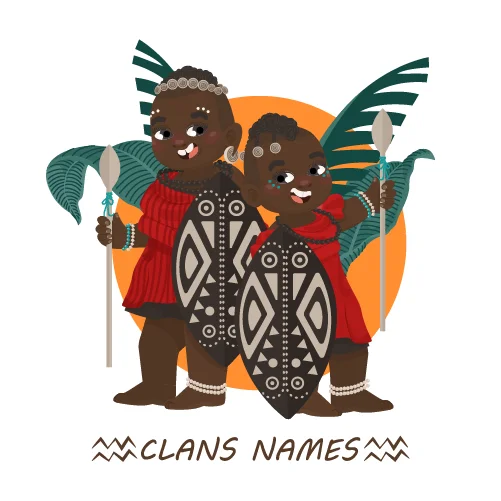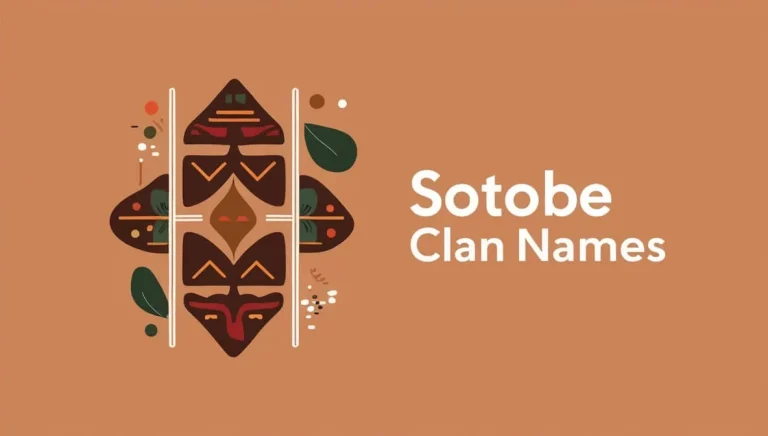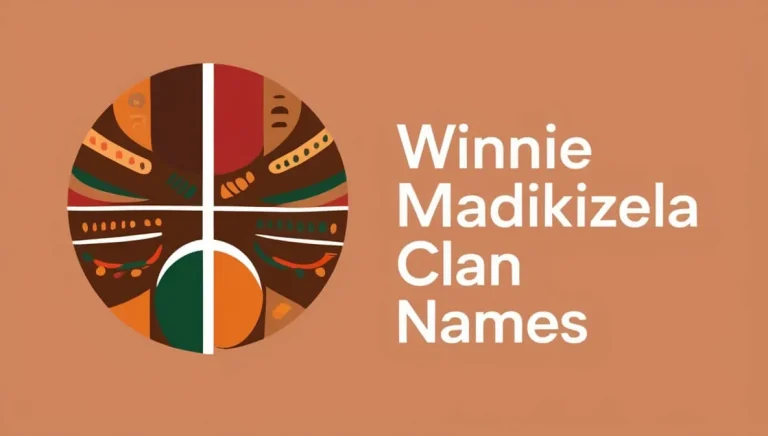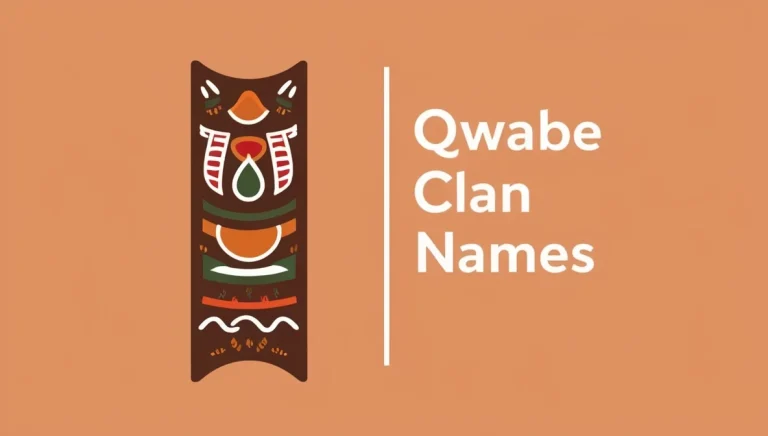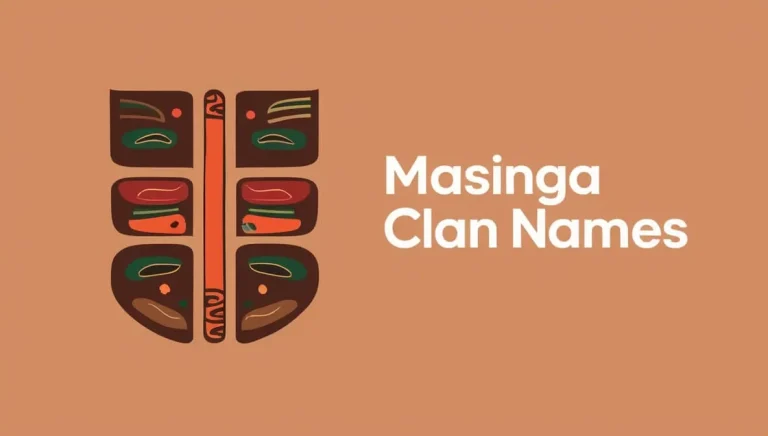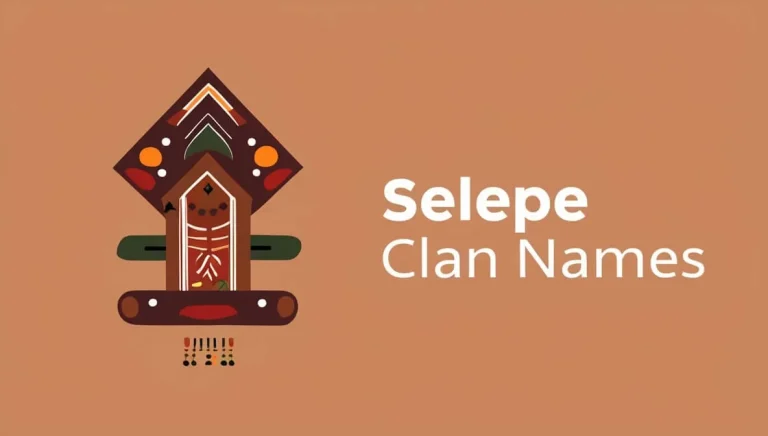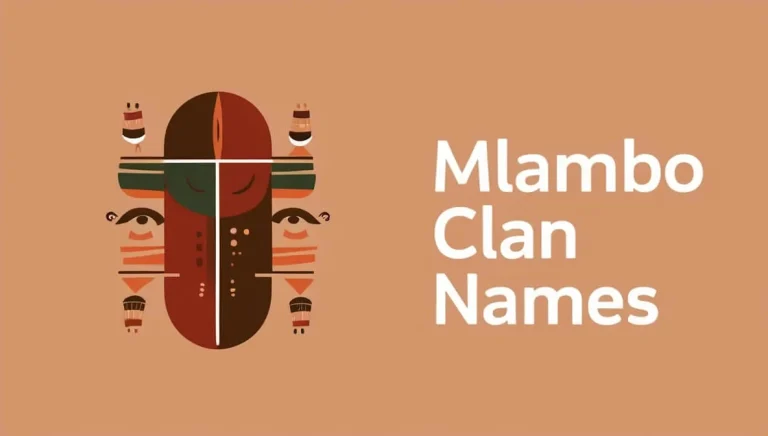Izithakazelo zakwa Magagula Clan Names History and Origin
Historical records can offer an interesting window into your family history. Uncover where and what your ancestors lived as well as valuable details.
South Africa is home to more magagulas than any other nation/territory and this name may appear with various variant spellings.
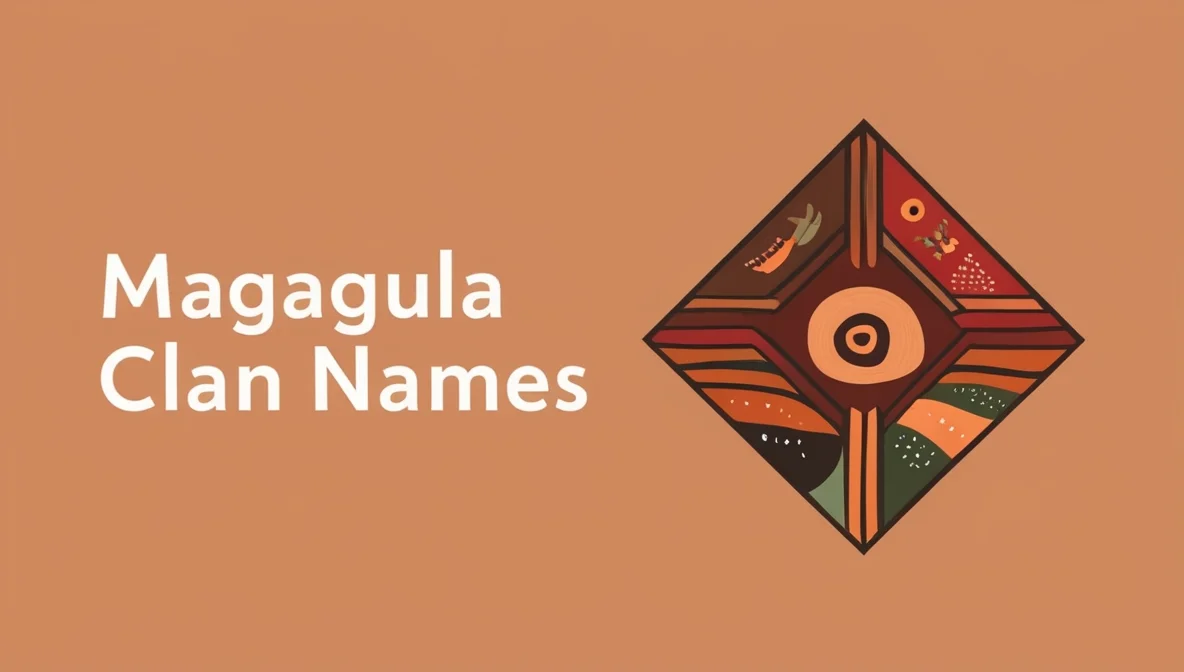
Izithakazelo zakwaMagagula (Magagula Clan Names and Praises)
- Magagula!
- Mdungazwe!
- AbakwaNdlondlo!
- Nina bakaMlangeni!
- Mashongololo!
- Nina bakaBhibhi!
- Owadla inyama yengwenya!
- Nina enibhebhezela amanzi eweni!
- Nina enashaya izizwe zamanye amadoda zibaleka!
- Nina baseMaqeleni!
- Mzangwa weSilo!
Magagula Clan Origin
Magagula clan can be found throughout Swaziland, South Africa and Mozambique/Zimbabwe; part of Emakhandzambili clan group which comprises 17 founding clans to make up Swazi nation.
Clan Madzanga I of Sotho origin migrated to Eswatini during its present form due to Prince Madzanga I being the son of King Zwide. With their defeat at White River by Zulus in present-day Eswatini by Ndwandwe dynasty being overthrown, Madzanga I and his family settled into what has since been named Eswatini as an independent nation.
While staying in the Ndwandwe Kingdom, they encountered the Magagula Clan and were warmly received; during this period is when they gained their name: Magagula’. Prince Madzanga of Ndwandwe was so impressed by their abilities and magic that he invited them to settle his land; eventually doing so at KaDvokolwako. Among their peers they were well known for making rain fall when thunderstorms struck within their territory and thunderstorms themselves!
Hobart Magagula was a longtime member of Bremersdorp (Manzini) Church of the Nazarene and served on various church boards, leading the boys’ probation class and teaching Sunday school classes for children. Additionally, he worked on compiling a book of Swazi proverbs published by Nazarene Publishing House of Florida South Africa.
Magagula Clan Meaning
Magagula took an avid interest in all activities at Bremersdorp (Manzini) Church and served on multiple boards and committees. He taught boys probation classes and Sunday School lessons; led the workers’ Sunday evening class; served on revision committee for Zulu hymnal revision; helped translate Bible into Swazi; served as translator of Nazarene Shirley Memorial Press’ Zulu hymnals — among many other activities –
Mantjolo and Ndlaleni told King Mahlokohla of their unique talent: the ability to bring about rain. His great interest piqued, they were asked to demonstrate and they did indeed succeed, earning themselves the royal title Banisi Bapola or Rain Makers.
Clan names are an integral component of African culture and help individuals identify with their family lineage and ancestry as well as feeling part of a wider community. Magagula, for example, comes from Magagudu clan and appears most frequently in South Africa – 31 people bear it there alone! Additionally it’s one of the 8,157th most popular surnames worldwide.
Magagula Clan Symbolism
Clans are an integral component of Swazi culture, with every Swazi bearing his father’s clan name as his surname; women typically remain members of their husband’s clan as part of her membership in his. Clans may also be defined by geographic territory; traditionally infants were considered persons only when three months had passed and they remained closely attached to their mothers until eight years old when allowed to speak publicly in public forums.
Globalization has led to the diffusion of surnames outside their original countries of origin, so it is not unusual to encounter people bearing Magagula surnames in various parts of the world. There are certain nations in which Magagula surname is more widespread.
Magagula clan members were famed for their rainmaking abilities, which allowed them to weather drought and famine conditions with relative ease. Indeed, their land was known as KaDvokolwako (meaning where water runs).
Magagula family became active members of Eswatini Church and served on several boards and committees, particularly at boys probation classes and Sunday School classes that both taught. Both of them taught as both were well-known for being generous Christians with a passion for social work and welfare work; their donations went to numerous charitable organisations as well.
Magagula Clan Etymology
Magagula has an intriguing etymology: its name comes from a Nguni word meaning smoke or fire, while also being related to Ndebele terms meaning love, honor and courage – making its roots both accessible and fascinating! Magagula clan members enjoy close relations with Ndebele people.
Many clan names relate back to Ndebele terms for love, honor and courage which shows just how influential Ndebele culture has been on Magagula culture. It truly shows just how far reaching Ndebele culture has had on both cultures! The uniqueness of Magagula name shows just how influential Ndebele culture has had on culture of Magagula clan members’s culture!
Magagula clan members have a rich and longstanding history in emaSwatini and southern Africa. Descended largely from Nguni-speaking clans who settled in south east Mozambique and Eswatini where San people already existed, these Magagulas later mixed with groups including Sotho, Tsonga and other Nguni-speaking clans already present there.
Hobart Magagula served on various committees in the Church of the Nazarene in eswatini. He led boys probation class and taught Sunday School. Hobart also helped with revision of SiSwati dictionary as well as writing Tisho tesiSwati book of Swazi proverbs. Hobart’s devotion was unrivaled as an active worker within ministry as he dedicated much time towards helping people grow spiritually in Eswatini.
